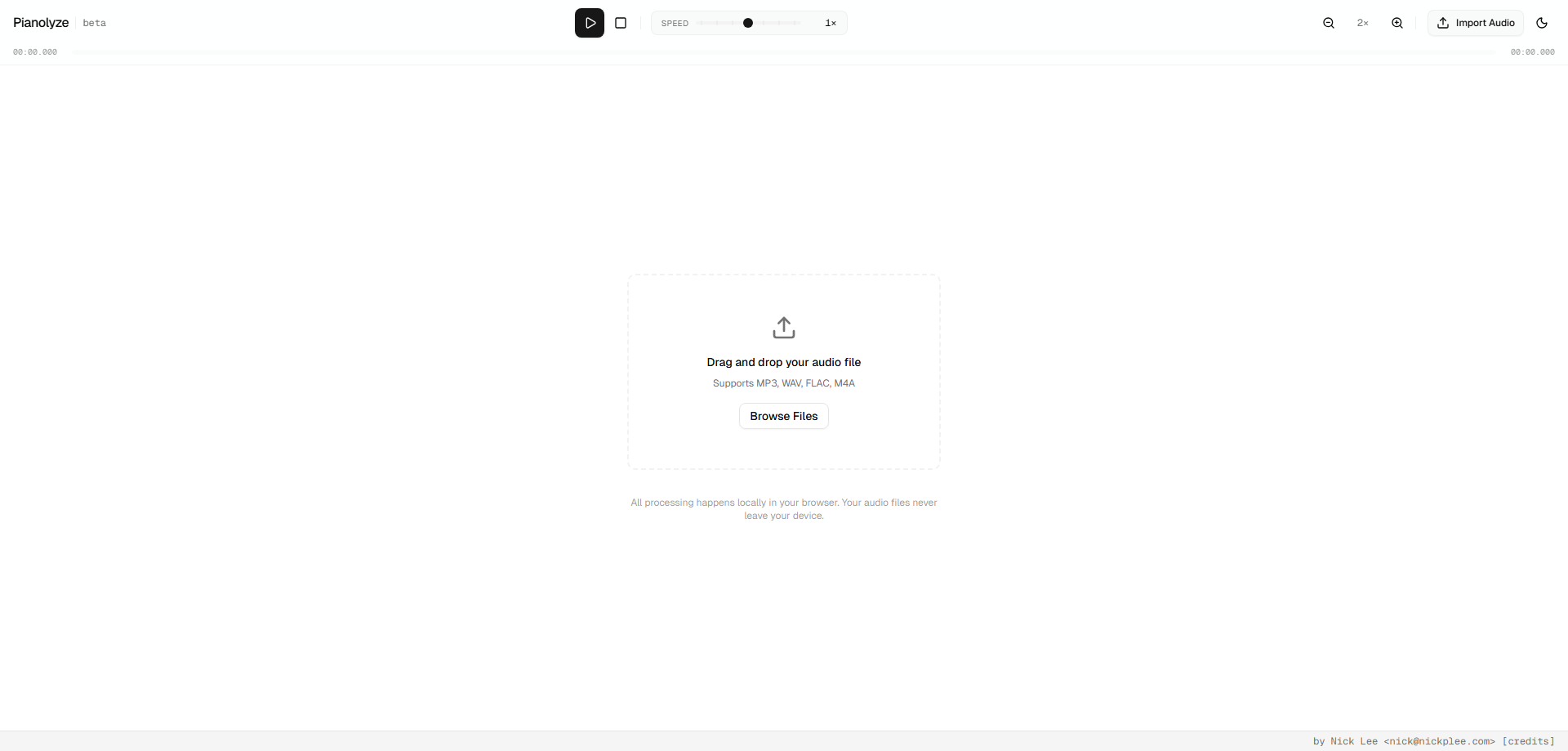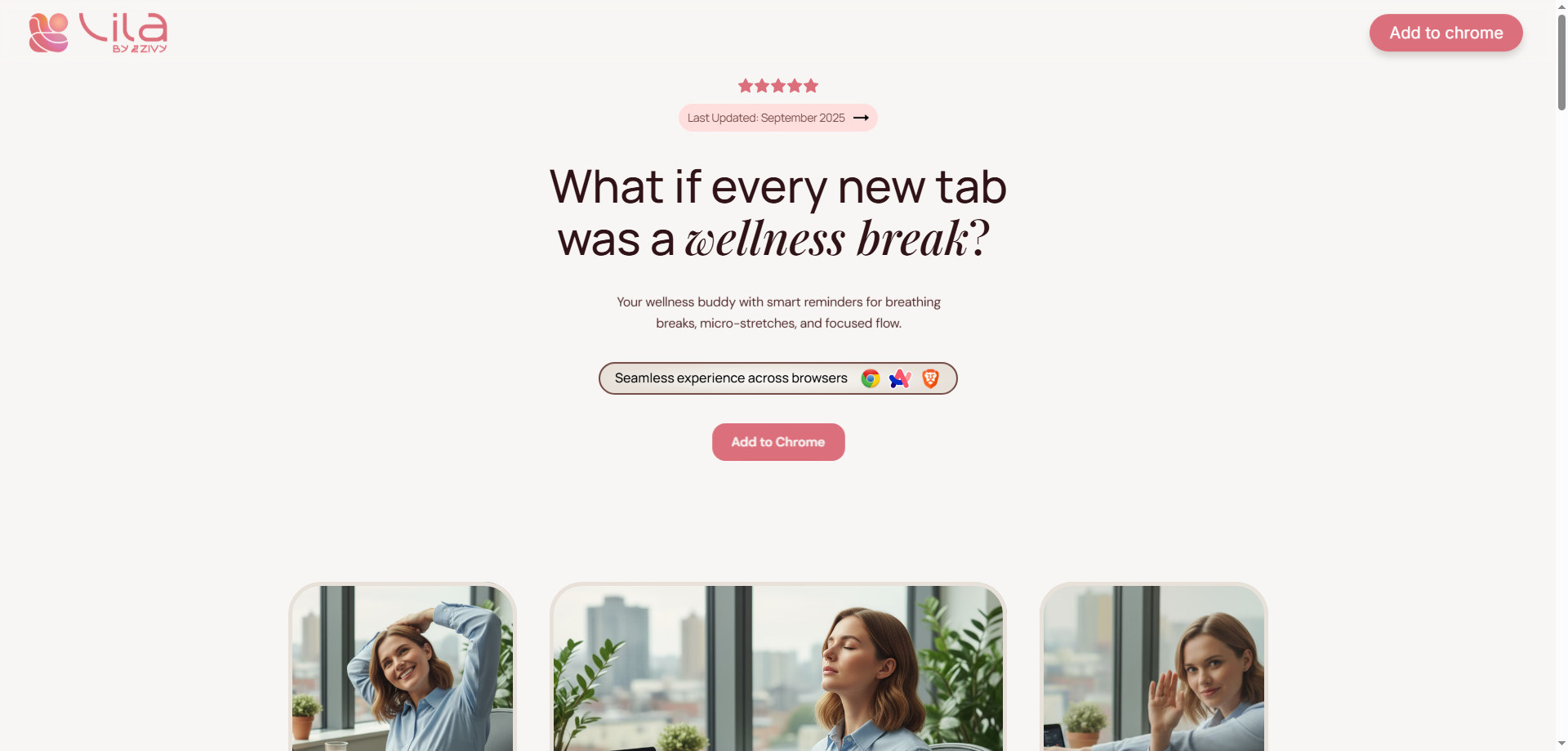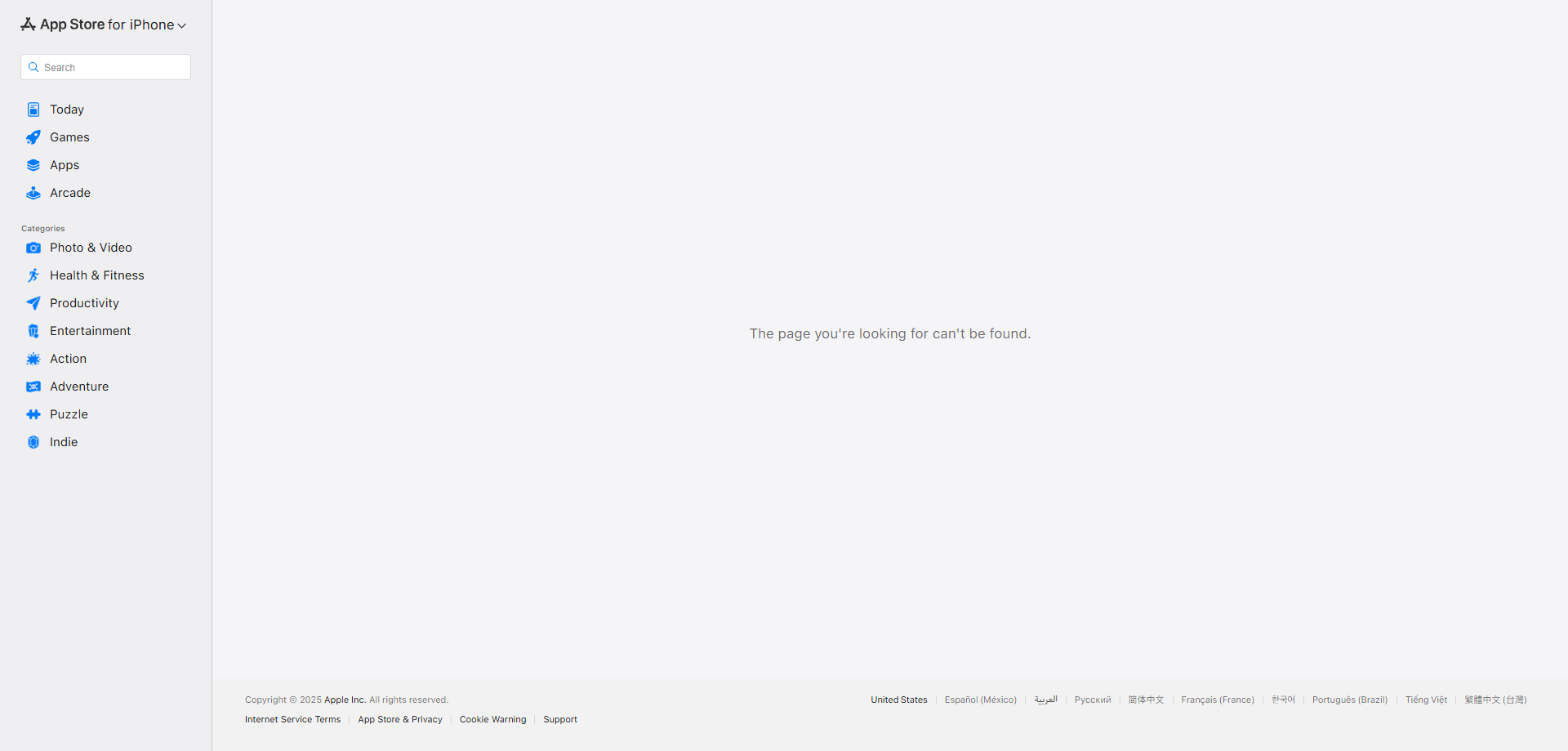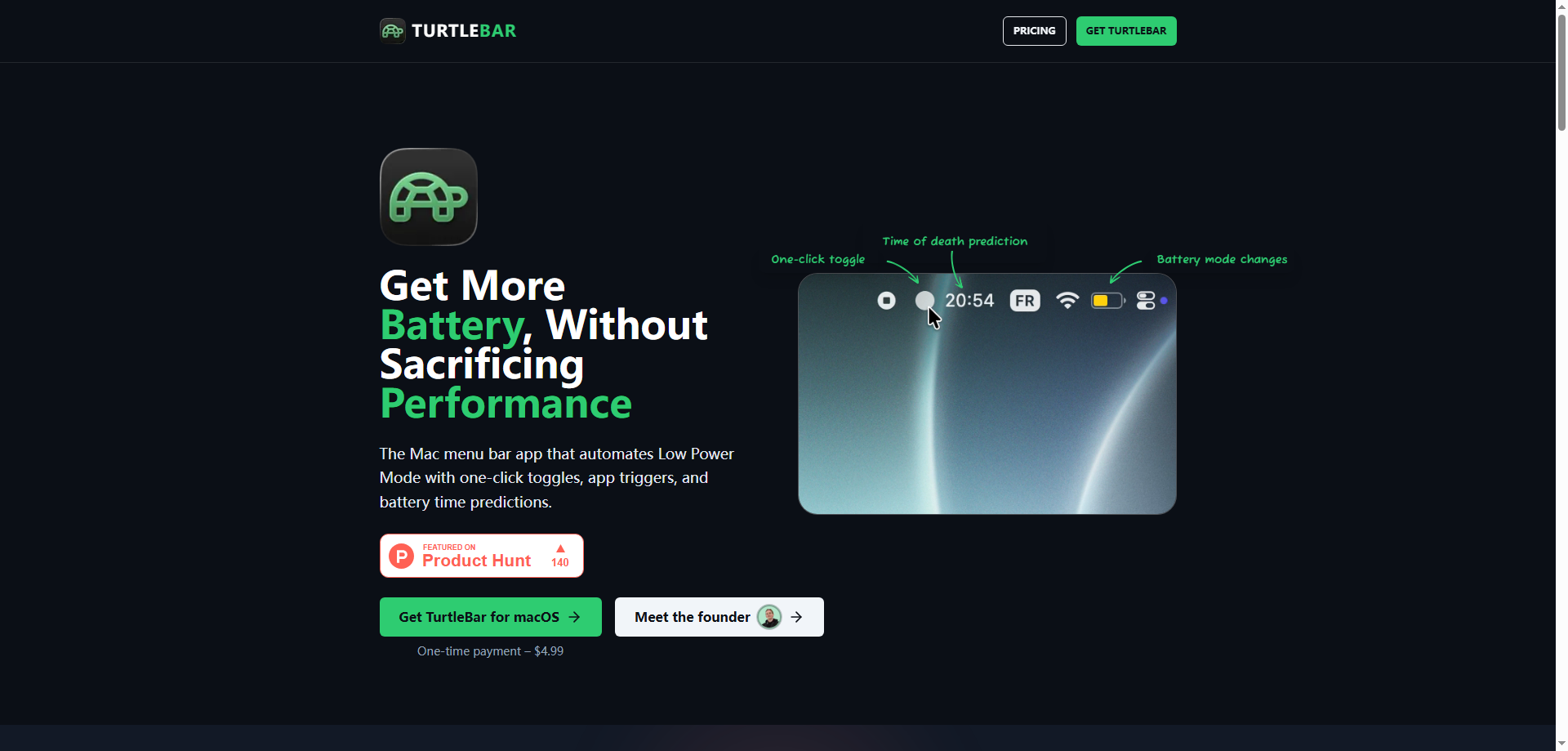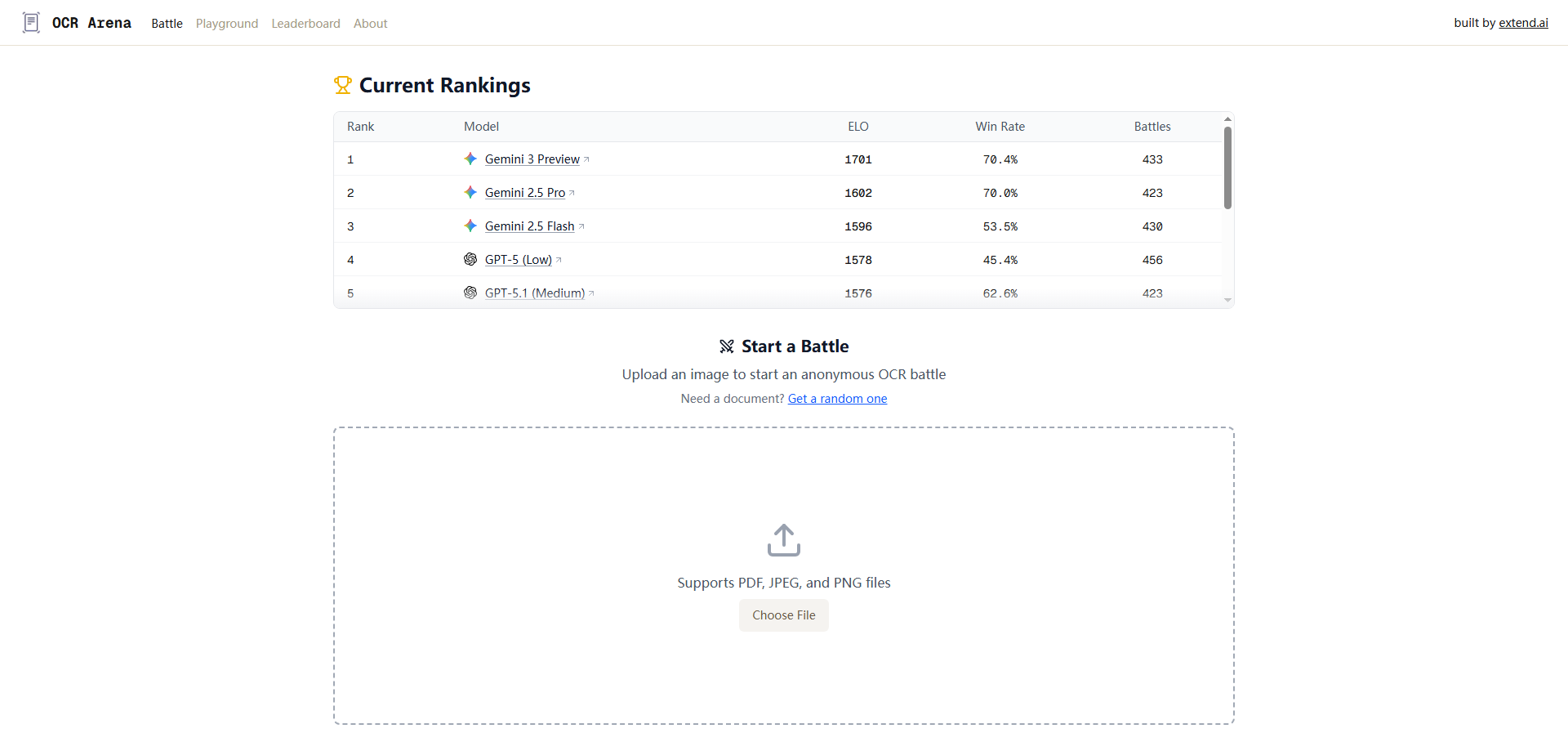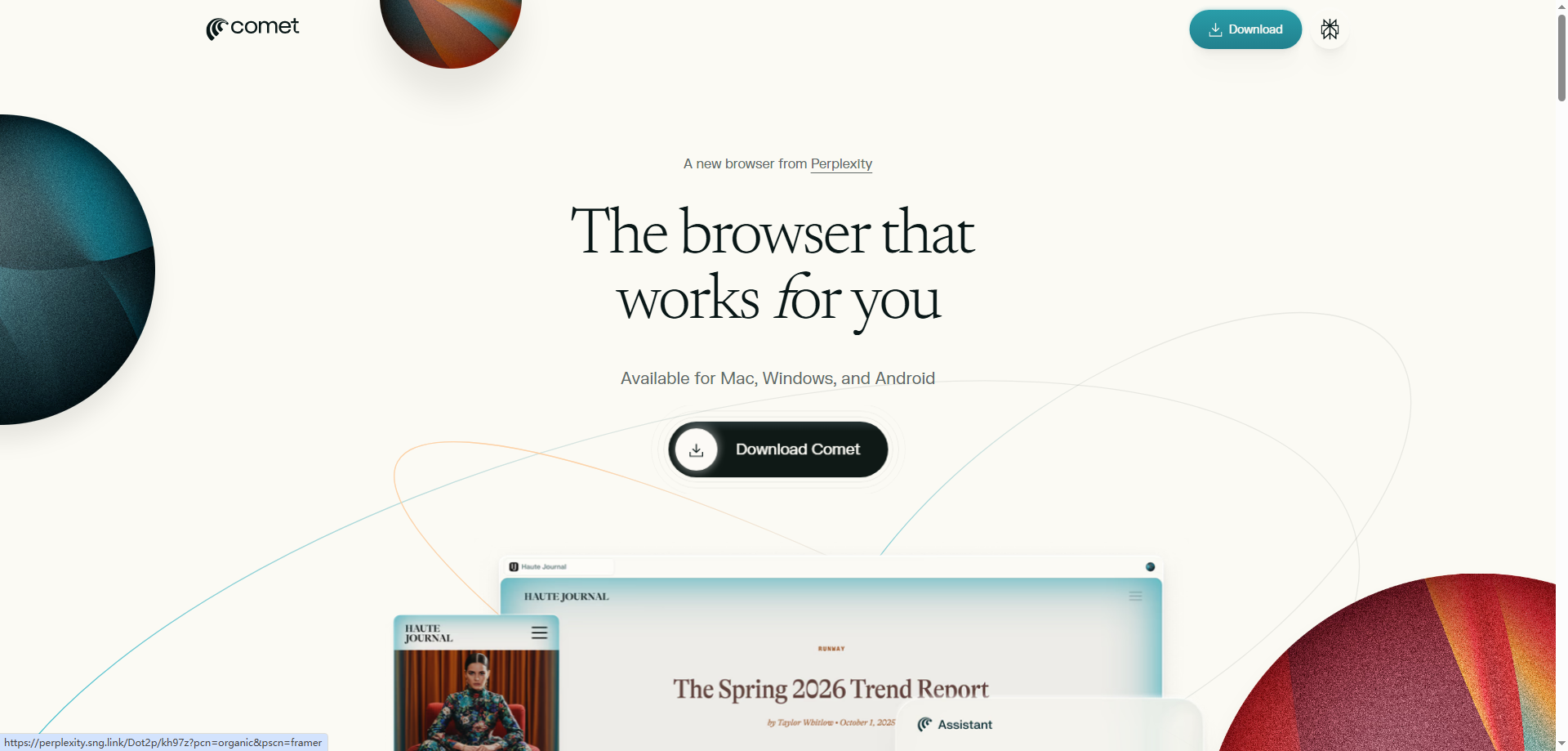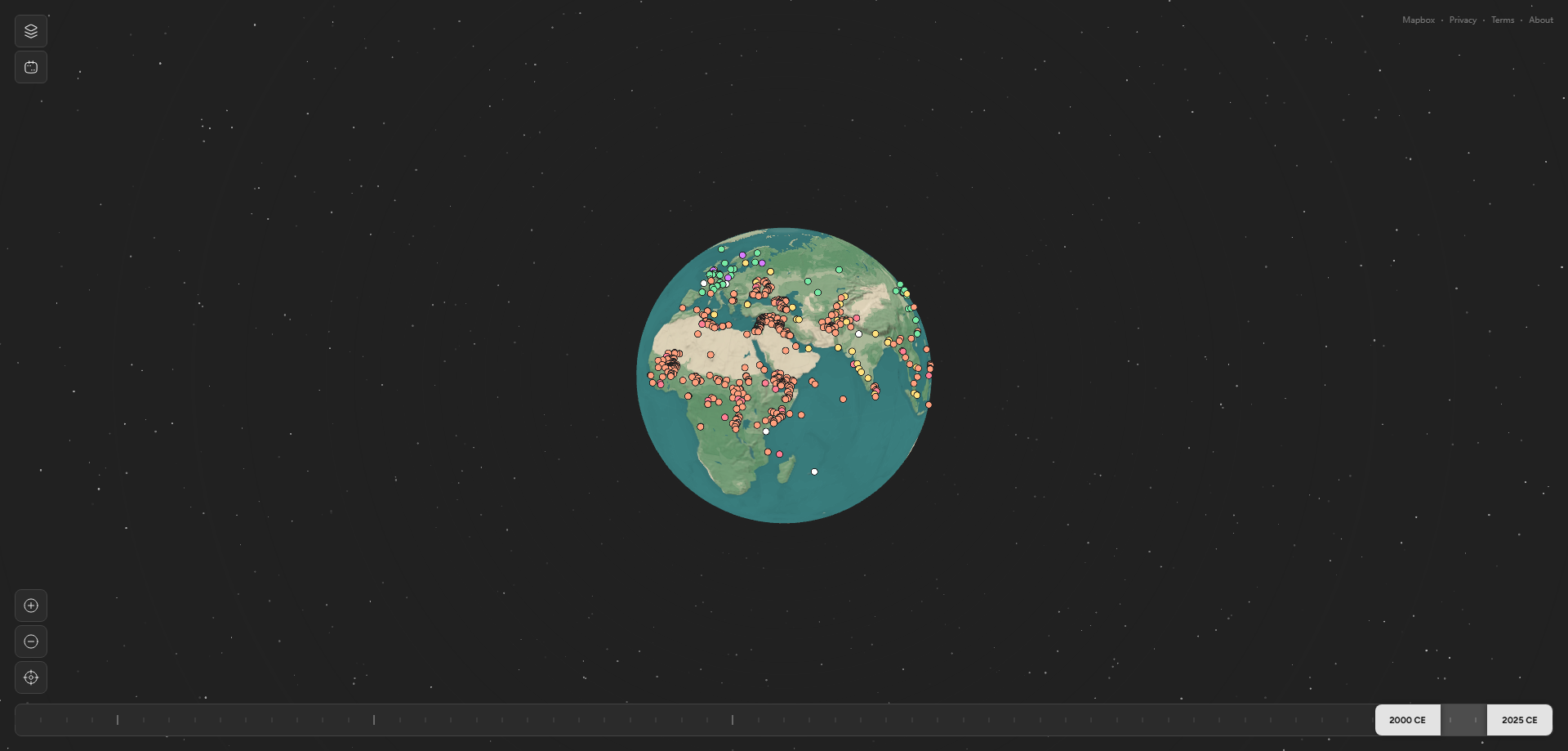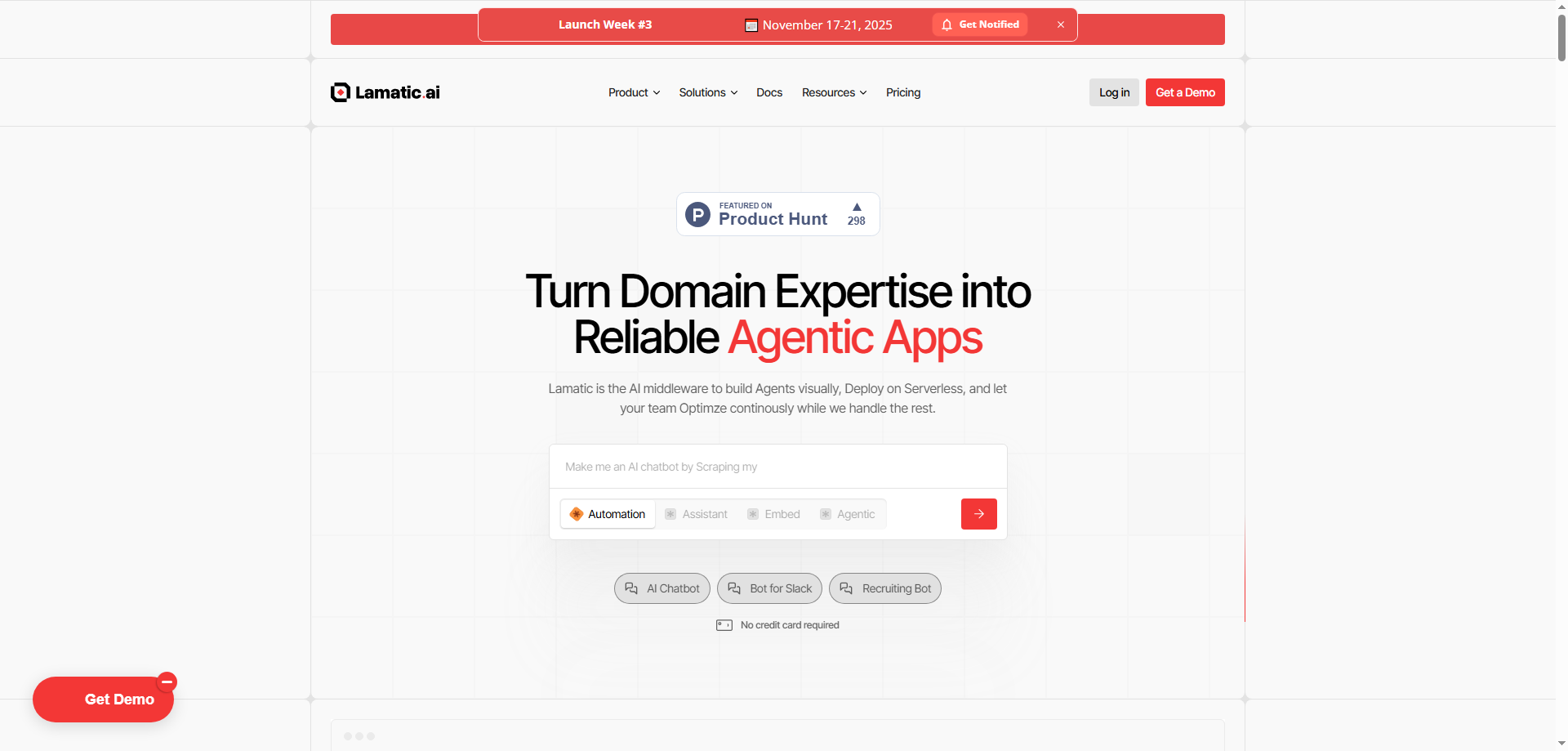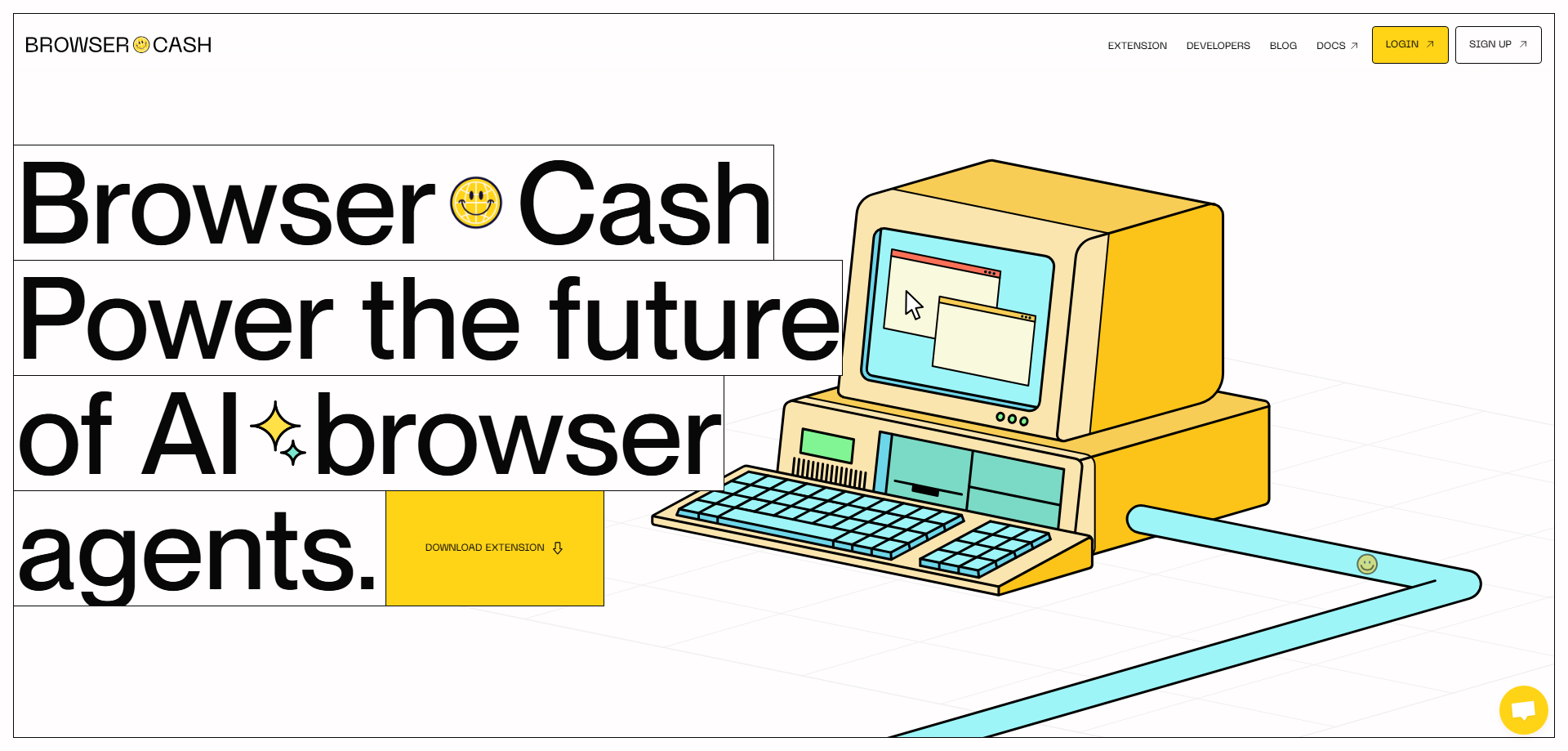1. Creative Innovation: They Made "Learning By Ear" Visible
Okay, so I've been playing piano for years, and here's the thing that's always frustrated me: I'll hear an amazing song and think "I want to learn that," but either there's no sheet music available, or the official transcription is wrong, or it's simplified to the point where it sounds nothing like the original.
So what do I do? I sit there rewinding the same 5 seconds over and over, trying to figure out what notes are being played. It's exhausting. My mouse gets a workout from hitting pause-rewind-play about 500 times.
What Pianolyze did that's genuinely creative is they made the invisible visible. Music is this abstract sound wave floating through the air, and they've turned it into something I can SEE—every single note mapped out on a piano roll in real-time. It's like having X-ray vision for music.
But here's the really smart part: they didn't just make a transcription tool. They made a learning tool. The ability to slow down without changing pitch? That's huge for practicing difficult passages. Zooming in to see exactly which notes are being played at the same time? That's how you understand complex harmonies. It's like having a piano teacher who can freeze time and show you frame-by-frame what's happening.
And the fact that it runs entirely in my browser? That's not just convenient—that's a design philosophy. They're saying "your audio files are private, we're not uploading them to some server." In an age where everything wants to be cloud-based and collect my data, running the AI locally feels refreshingly respectful of privacy.
What really gets me excited is the jazz and classical use cases. Being able to analyze how Bill Evans voiced a chord, or how Glenn Gould approached a Bach fugue—that's the kind of deep musical analysis that used to require either perfect pitch or hours of tedious trial-and-error. Now I can just... see it. That democratizes music education in a way that feels genuinely empowering.
The creative leap here isn't just "AI transcribes music" (that exists elsewhere). It's "AI helps you learn by making the invisible visible, in real-time, privately, with controls that match how musicians actually practice." That's thoughtful design.
2. Disruptive Potential: Am I Throwing Away My Sheet Music Library?
Let me walk through what's currently in my music learning toolkit and whether Pianolyze could replace any of it.
What I currently use:
- Musicnotes/Sheet Music Plus: I pay for sheet music downloads when available
- YouTube tutorials: I watch slow-motion piano tutorials for popular songs
- Transcription software like Transcribe!: I've used dedicated apps to slow down audio
- My ears and patience: Honestly, most of the time I just figure it out manually
Could Pianolyze replace these?
For sheet music purchases: Partially, yes. If Pianolyze can accurately transcribe a recording, why would I pay $6.99 for a PDF? Especially since official transcriptions are often simplified or just wrong. But here's the catch—Pianolyze is transcribing the performance, not the "ideal" version. If the recording has mistakes or improvisation, that gets transcribed too. Sometimes I actually want the cleaned-up, human-edited version.
For YouTube tutorials: Maybe, but different purpose. YouTube teachers explain WHY something is played a certain way, give fingering suggestions, point out common mistakes. Pianolyze shows me WHAT is played, but doesn't teach me HOW to play it ergonomically. These serve different functions.
For transcription software: Absolutely yes. Dedicated apps like Transcribe! or Amazing Slow Downer basically just do tempo adjustment. Pianolyze does that PLUS shows me the actual notes. It's objectively better for piano specifically.
For manual ear training: This is complicated. Part of me thinks Pianolyze is "cheating"—that figuring music out by ear makes me a better musician. But honestly? Life's too short. I'd rather spend my time playing music than spending 30 minutes figuring out what chord is at timestamp 2:47.
The big question: What about other transcription AI tools?
Here's where I get less excited. There are already AI transcription tools out there—AnthemScore, Sonic Visualiser, even apps like Moises that do multi-instrument separation and transcription. What makes Pianolyze special?
The answer seems to be: it's specialized for piano and runs in-browser. That's nice, but is it a moat? Could AnthemScore just add a "browser version"? Probably. The technology itself isn't unique; the packaging is.
My realistic take:
Pianolyze won't replace professional sheet music for classical pianists who need authoritative editions with fingerings and pedal markings. It won't replace teachers who provide technique guidance. But for the use case of "I heard a cool piano song and want to learn it quickly," it could absolutely disrupt the casual sheet music market and YouTube tutorial space.
The real disruption potential is for intermediate learners like me who don't need hand-holding but just want to see what's being played without the hassle. That's a real segment, but I'm not sure it's a massive market.
3. User Acceptance: Would I Actually Use This Weekly?
Let me be honest about whether this becomes a tool I actually use versus something I try once and forget about.
Why I'm genuinely excited to try this:
-
It solves a real pain point I have RIGHT NOW: Just last week I was trying to learn a Yiruma piece and couldn't find accurate sheet music. I would've loved this
-
No installation barrier: I can literally try it in the next 30 seconds without committing to anything. That lowers the friction dramatically
-
The slow-down feature is killer: I've wanted this exact functionality so many times. Being able to practice at 50% speed without pitch shift is genuinely useful
-
Privacy matters to me: The fact that my audio doesn't leave my computer is actually a selling point. I don't want my practice recordings on someone's server
-
Jazz exploration: I'm trying to improve my jazz piano and being able to see how professionals voice chords could seriously accelerate my learning
But here's what makes me hesitant:
-
Accuracy concerns: How good is it really? AI transcription has gotten better, but it's not perfect. If I'm learning the wrong notes because the AI made mistakes, that's worse than not having a transcription at all
-
Polyphonic complexity: Piano music can be dense—multiple voices, bass notes, chords, melody all happening simultaneously. Can it really separate all that accurately? Or does it get confused?
-
What about dynamics and pedaling? A transcription shows me the notes, but playing piano is about so much more—touch, dynamics, pedaling. Pianolyze doesn't capture that nuance
-
File quality dependency: If I feed it a low-quality YouTube rip with compression artifacts, will it still work? Or do I need pristine studio recordings?
-
The learning curve question: Is the piano roll interface intuitive for someone who reads traditional notation? Or will I need to learn a new visual language?
Who I think will love this:
-
Jazz students: Being able to analyze Bill Evans or Oscar Peterson transcriptions is huge for jazz education
-
Self-taught pianists: People learning by ear who want a visual reference to confirm what they're hearing
-
Music theory nerds: Anyone interested in analyzing harmonic progressions and voicings
-
Cover artists: YouTubers and hobbyists who create piano arrangements and need transcriptions quickly
Who I think won't care:
-
Classical purists: They want urtext editions with scholarly annotations, not AI transcriptions
-
Beginners: If you can't read music yet, a piano roll might not be helpful. You need guided lessons
-
People who already have perfect pitch: If you can hear the notes anyway, why do you need this?
My adoption threshold:
I'll actually use Pianolyze regularly if:
- The transcription accuracy is at least 90% for solo piano recordings
- I can export the transcription as MIDI or MusicXML to use in other software
- It handles complex jazz voicings without getting confused
- The interface is responsive and doesn't lag on longer recordings
- It's free or very cheap (under $10/month)
If it's just a cool demo that gives me mediocre transcriptions, I'll try it once and never come back.
4. Survival Rating: ★★★☆☆ (3/5 Stars)
My gut reaction: Pianolyze has a decent shot at surviving, but it's not a slam dunk. Here's my unfiltered assessment.
Opportunities That Give Me Hope:
-
Niche but passionate market: Piano learners are a dedicated bunch who actively seek out tools to improve. There's real demand here
-
Education market potential: Music schools, online piano courses, and teachers could adopt this as a teaching aid. That's B2B revenue potential
-
The browser-based approach is smart: No app store fees, no platform restrictions, works on any device. That's a distribution advantage
-
Privacy angle: In a post-ChatGPT world where people are getting privacy-conscious, local processing is a legitimate differentiator
-
Viral potential: If a popular piano YouTuber features this and shows how accurate it is, adoption could snowball quickly
-
Low competition in the "browser-based piano transcription" niche: They're not fighting Spotify or YouTube—they're in a specific lane
Risks That Keep Me Up At Night (If This Were My Company):
-
Monetization question: How do they make money? Freemium? Subscription? One-time purchase? I see no pricing mentioned. Without a clear revenue model, this could just be burning money
-
Accuracy is make-or-break: If the AI transcriptions are inconsistent or unreliable, word will spread fast in music communities and kill the product
-
Competition from bigger players: What stops Spotify, YouTube, or even Steinway from adding this feature? They have way more resources
-
Limited to piano only: By specializing in piano they've limited their addressable market. Guitar players, violinists, etc. can't use this
-
Copyright concerns: If users are transcribing copyrighted recordings, does that create legal issues? Could music publishers come after them?
-
Retention risk: Is this a tool people use daily, or something they use once per song and then forget about? Usage frequency determines sustainability
-
Compute costs: Running AI in the browser sounds cool, but does it work on older computers? If users need high-end hardware, that limits the market
What would make me raise my rating:
I'd give 4 stars if I saw:
- Clear pricing model that's affordable for individuals ($5-15/month feels right)
- Published accuracy benchmarks showing >90% note accuracy
- Export features (MIDI, MusicXML, PDF sheet music)
- Partnerships with piano education companies
- Evidence of monthly active users growing consistently
I'd drop to 2 stars if:
- Early users report poor transcription quality
- They get hit with copyright lawsuits
- A major player launches a competing feature
- The product is slow/buggy and users abandon it
My Brutally Honest Prediction:
Pianolyze has built something genuinely useful for a specific audience, but I'm skeptical about whether it can become a sustainable business. Three stars feels right because:
Best case scenario (30% chance): They find product-market fit with music students and educators, charge $10/month, get to a few thousand subscribers, and run a small but profitable niche business. Maybe they get acquired by a larger music education company.
Most likely scenario (50% chance): They get some initial traction, struggle to monetize effectively, face competition from bigger players, and either pivot to a different use case or shut down within 18 months.
Worst case scenario (20% chance): Transcription accuracy isn't good enough, users complain loudly on social media, and the product dies quickly.
What I'd tell the founders if they asked:
-
Nail one use case first: Don't try to be everything to everyone. Maybe focus exclusively on jazz transcription for students. Own that niche completely
-
Prove accuracy publicly: Publish comparison tests against human transcriptionists. Show your work. Build trust
-
Add social features: Let users share transcriptions, comment on accuracy, build a community. Network effects are your friend
-
Partner with piano teachers: Get endorsements from respected educators. That's credibility you can't buy
-
Figure out export: If I can't get the transcription OUT of your tool into my notation software, you're just a viewer, not a workflow tool
The next 12 months will reveal whether they've built a vitamin (nice to have) or a painkiller (must-have). Right now I'm leaning toward vitamin, which makes survival harder but not impossible.
I really hope they make it because the product is clever and fills a real gap. But hope isn't a strategy, and the music tech graveyard is full of smart ideas that couldn't find sustainable business models.
Time will tell!
